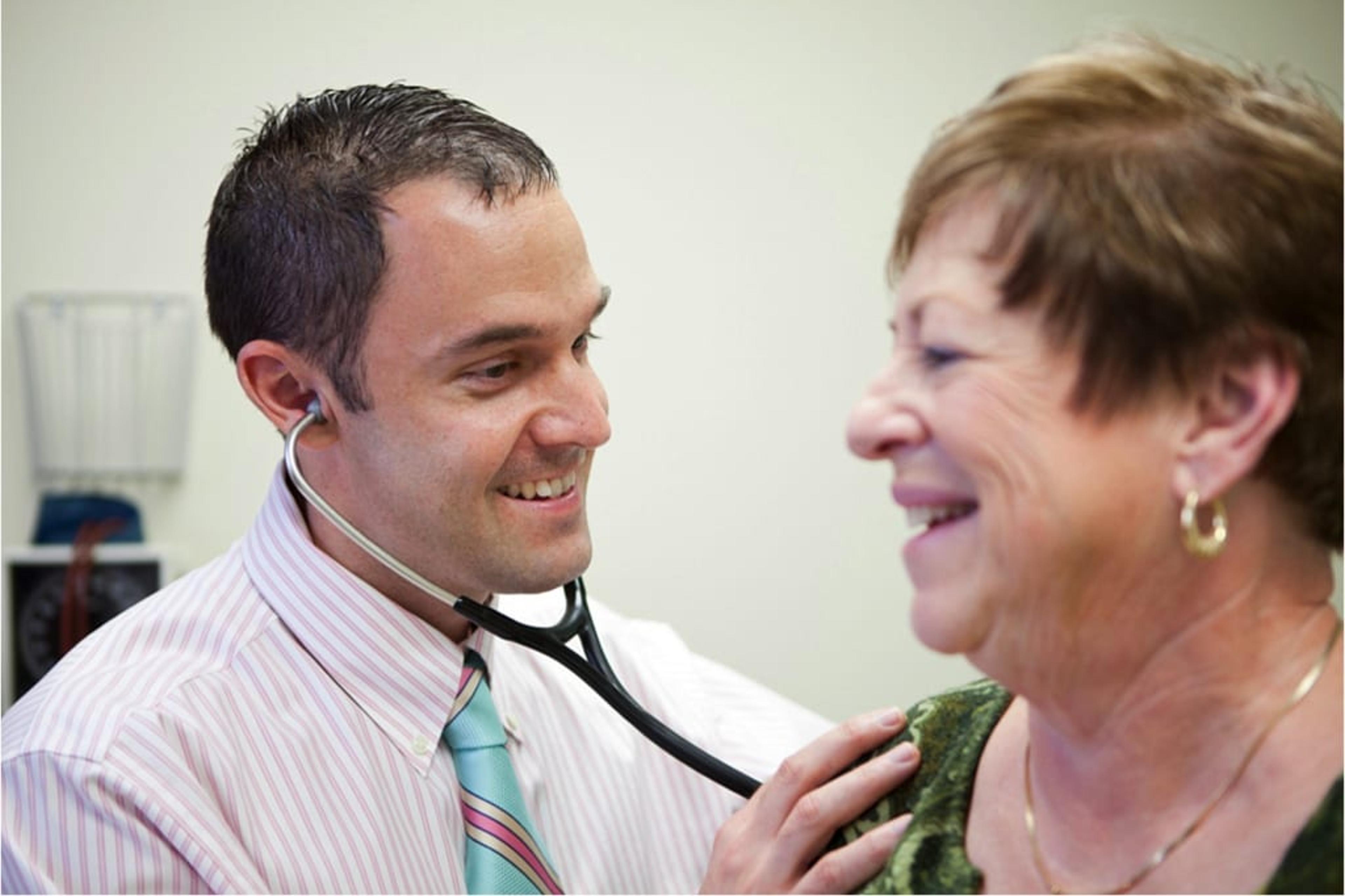Growth in Blue Cross' Patient-Centered Medical Home Program Shows Statewide Transformation of Care
bcbsm
| 3 min read

Our patient-centered medical home program has grown to 4,022 primary care doctors at 1,422 practices around the state in its sixth year of operation.These practices care for more than 1.2 million BCBSM members in 78 of Michigan’s 83 counties. The program continues to lead the nation in size and cost savings, helping to improve the quality and delivery of health care for all Michigan residents. The growth in the program reflects significant momentum by physicians to bolster the primary care system, improve quality and make health care more effective and safer for patients. PCMH by the Numbers A deep dive into the data now shows our PCMH program is actually helping to lower unnecessary use of health care services that contribute to higher health care costs for everyone. In 2014, in comparison with non-PCMH practices, the PCMH practices had:
- 9.9 percent lower rate of adult ER visits
- 27.5 percent lower rate of adult ambulatory care sensitive inpatient stays
- 11.8 percent lower rate of adult primary care sensitive ER visits
- 8.7 percent lower rate of adult high-tech radiology usage
- 14.9 percent lower rate of pediatric ER visits
- 21.3 percent lower rate of pediatric primary-care sensitive ER visits
What’s in it For Patients?
If you’ve ever gotten sick and had to alternate visits between primary care doctors, specialists or hospitals, then you may know how frustrating the experience can be. A lack of communication between providers, duplicative services and a sense that no one’s paying close attention to your health, unfortunately, are common features of the patient experience. And that’s a big part of why we think the patient-centered medical home model is so important for the future of health care. Patient-centered medical home primary care physicians (pediatricians, internists and family practice doctors) lead care teams that keep patients healthy, while monitoring their care on an ongoing basis. PCMH teams coordinate patients' health care, track patients’ conditions and ensure that they receive the care they need. Care is based on each patient’s personal health goals, and often extends into non-clinical factors that may influence a person’s health status, such as emotional, behavioral and social needs. More than 99 percent of BCBSM-designated practices are:
- Offering 24-hour phone access for patients to reach a clinical decision-maker
- Fully informing patients about after-hours care options
- Creating processes to make sure all patients receive medication review and management
- Reporting and analyzing patient outcomes, efficiency of service and patient satisfaction at both the physician and practice-wide levels
- Regularly informing patients about abnormal results
What About Wellness and Preventive Care? Designated doctors must also clearly communicate the roles of both the physician and patient, develop patient registries to track and monitor progress and work with patients to set individualized health goals, track appointments and ensure follow-up on needed services. Designated PCMH doctors are also working to develop more advanced capabilities, like coordinating referrals to specialists and providing them with all relevant patient information and providing patients with an online portal that allows them to access their medical information electronically. Find a PCMH Doctor To search online for a Blue Cross PCMH-designated physician, go to bcbsm.com and click on “Find a Doctor.” Then, click on “Dental, Vision and other Directories” toward the bottom of the page, for a list of PCMH-designated physicians. The full list of doctors who received the Blues’ PCMH designation is available here. Photo Credit: Mercy Health





